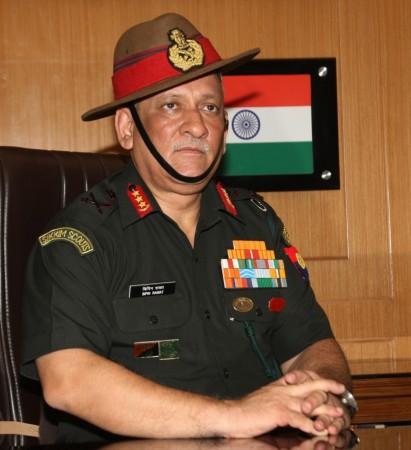
Indian Army chief General Bipin Rawat has said the plan to set up two boarding schools for children of martyrs and disabled soldiers has been given in-principle approval by the government.
The Army chief said that the two schools would be based on the lines of Delhi's Sanskriti school. As per reports, the two schools will be in Pathankot and Bhopal or Secunderabad.
According to Rawat, the initiative had to be taken as the government had earlier capped Rs 10,000 per month for education assistance to the children of martyrs and disabled in action.
Rawat believes that once the schools are operational, then the government can withdraw the education assistance scheme.
However, Rawat believes that since many people were misusing the scheme, the government had to ultimately put a cap on the educational assistance scheme.
"Somehow, some people among us started misusing the scheme. We told the government that we will review the policy so that only genuine people can benefit from it," the Army Chief told PTI.
It is reported that for the schools to be fully operational, it might take more than three to four years.
Once the students finish studying from these schools, they can eventually enroll in army-run colleges.
The Army chief further added that the Indian Army would take care of the financial assistance of these children if the government does not help them with the funds for education.
The assistance education scheme that started in 1972 was established to waive off the tuition fees of the children of martyrs or disabled in action. This was implemented in all schools, colleges and other educational institutes across the nation.
However, in July 2017, the government ordered the capping of this scheme to Rs 10,000 per month, which was not well received with the armed force services.
A written request was sent to the defence ministry by the Chief of Committee Staff to remove the cap. However, the government later refused to modify the cap.
When the decision was taken by the government, nearly 3,400 children from the armed forces were impacted.

















